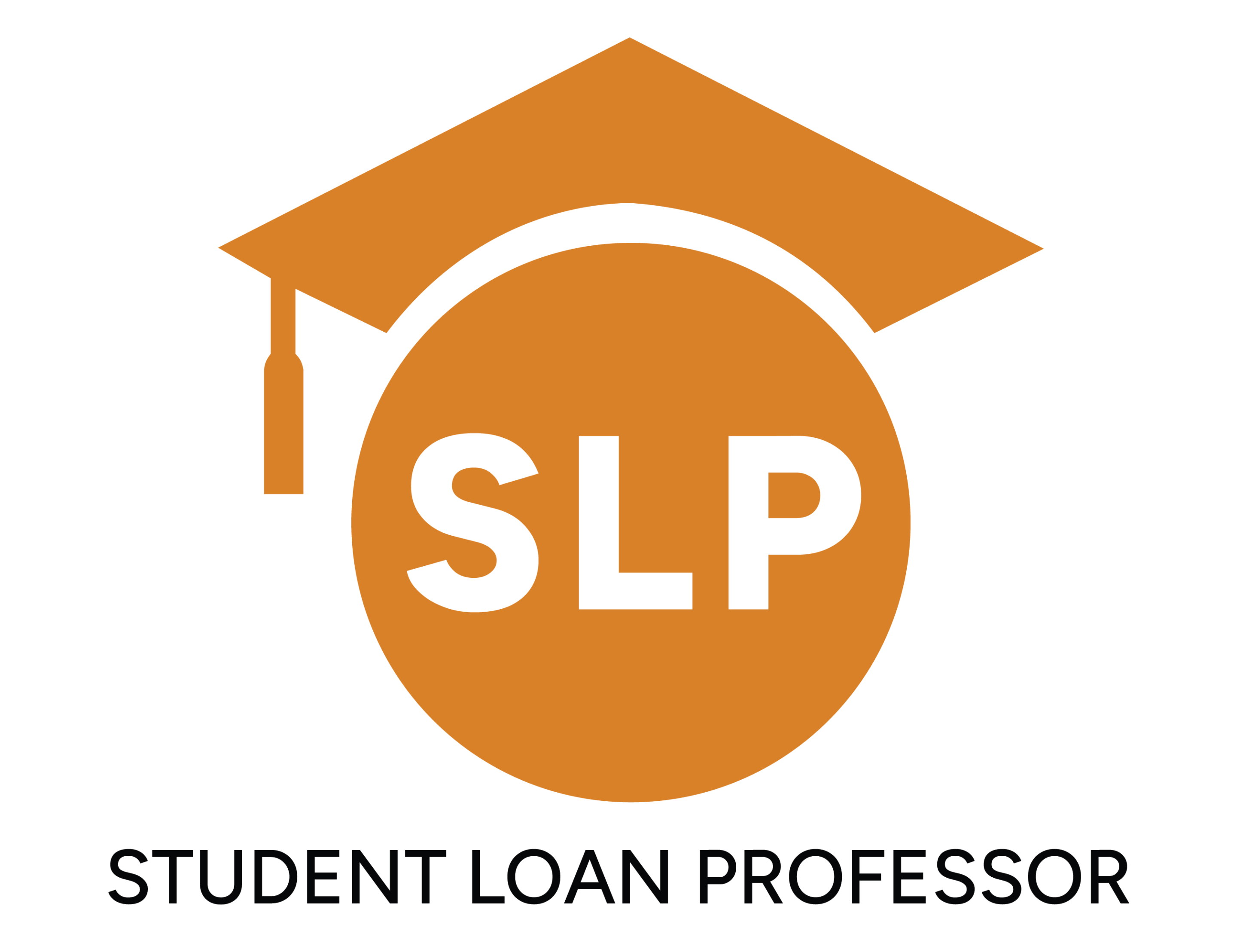September 24th, 2020
by Jason DiLorenzo
Founder, PSLFjobs and Doctors Without Quarters
Grace Period… or Question Mark? If you graduated from school with federal student loan debt in the COVID-19 era, student loan repayment is not something expected of you in 2020. Per the President’s recent Executive Order, payments and accruing interest are halted through the year’s end.
2020 graduates do, however, need to choose a repayment plan at the end of the 6-month grace period on their Stafford and GradPLUS loans. That’s coming up in the next 2–3 months for many of you, even though the payment plan you enter won’t take effect until 1/1/2020.
This stimulus benefit, on its surface, is both generous and easily administered. But I’m here to suggest that many graduates can increase their savings opportunity by considering the following 5 steps:
- Consolidate your federal student loans NOW. This enables you to forgo your grace period and enter repayment immediately, and create one federal student loan that will be simpler to administer through the federal loan repayment (and forgiveness, where applicable) processes. When you consolidate, your new loan will reflect a weighted average interest rate of the individual loans, rounded up to the nearest 1/8%.
- Enter an Income-Driven Repayment (IDR) plan. For a more affordable alternative to the 10-year standard repayment plan, graduates today are typically best served in either the PAYE or the REPAYE program. These programs offer not just affordable payments, but reduced interest and loan forgiveness opportunities, and are preferable to using forbearance (the “F word” in student loan repayment today, in my opinion). Be sure to determine if an IDR plan is your best option and, if so, which one is most appropriate. DWOQ can help you with this: https://slplive.wpengine.com/service/consultations/
- Submit Your 2020 Tax Filing (or non-filer IRS form for the stimulus check). If you filed a tax return for 2019 showing little to $0 income (less than $20k), you can secure a $0 payment in most IDR plans. If you completed the non-filer IRS form to receive stimulus monies, this will also count as $0 income documentation for an IDR plan.
- Pay as little as $0 on your loans into October of 2021. If your payment can be $0 now in an IDR plan because either 1) You’re not working yet or 2) Your IRS filing from 2019 permits this, do it, because here’s the kicker: If you start working before the end of your grace period and don’t have 2019 tax filing to get a $0 payment, you could end up with a payment based on your salary in January. What’s more, your grace period does not count towards IDR loan forgiveness, but consolidating and choosing an IDR plan DOES. Consolidating will move closer your available forgiveness date.
- Understand the PSLF Program. Public Service Loan Forgiveness (PSLF) is available to those working for 501(c)3 employers and in government roles (federal, state and local). Once again, your grace period does not count towards PSLF, but consolidating and choosing an IDR plan DOES when you begin qualified employment. Those considering PSLF as a way to be free of student debt in 10 years can visit www.pslfjobs.com to peruse only PSLF-qualified jobs.
Brandon Barfield is the President and Co-Founder of Student Loan Professor, and is nationally known as student loan expert for graduate health professions. Since 2011, Brandon has given hundreds of loan repayment presentations for schools, hospitals, and medical conferences across the country. With his diverse background in financial aid, financial planning and student loan advisory, Brandon has a broad understanding of the intricacies surrounding student loans, loan repayment strategies, and how they should be considered when graduates make other financial decisions.



![Our Honest Thoughts On Aidvantage Student Loans [For 2025]](https://www.studentloanprofessor.com/wp-content/uploads/2024/10/SLP_fallback_2-no-logo-400x250.jpg)

